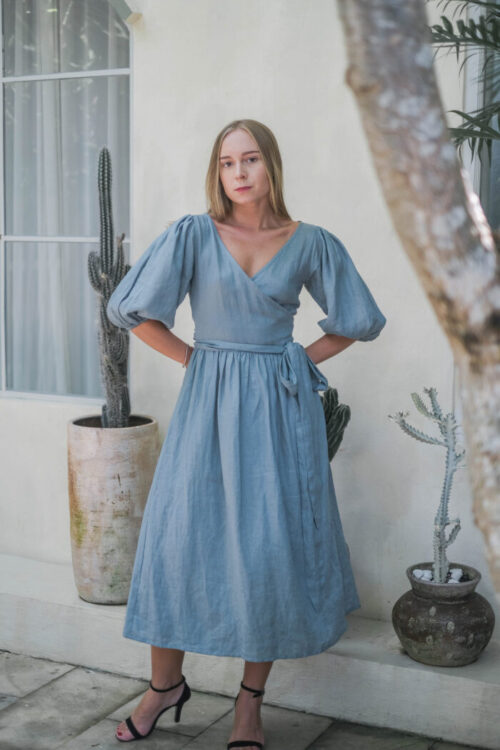Fabrics play a crucial role in our daily lives, from clothing to home decor. Knowing the various types of fabrics can help you make informed choices for your projects, whether you’re sewing, crafting, or simply shopping for new items.
Here’s a comprehensive guide to some common fabrics and their characteristics.
1. Natural Fabrics
Natural fabric refers to textiles made from naturally occurring materials derived from plants, animals, or minerals. These fibers are processed into yarns and then woven or knitted into fabrics. Unlike synthetic fabrics, which are created from petrochemicals, natural fabrics are biodegradable and generally considered more environmentally friendly.
- Cotton
- Linen
- Wool
- Silk
2. Synthetic Fabrics
Synthetic fabric refers to textiles made from human-made fibers, typically derived from petrochemicals. Unlike natural fabrics, which come from plant, animal, or mineral sources, synthetic fabrics are engineered through chemical processes. These fabrics are often designed to have specific characteristics like durability, elasticity, or water resistance, which makes them popular for various applications, from clothing to industrial use.
- Polyester
- Nylon
- Acrylic
3. Blended Fabrics
Blend fabric refers to textiles made by combining two or more different types of fibers, usually to enhance certain characteristics or to balance out the strengths and weaknesses of the individual fibers. Blended fabrics are created to improve the fabric’s performance, durability, comfort, or aesthetic appeal. The combination can include both natural and synthetic fibers or two different natural or synthetic fibers. Many fabrics are blends of natural and synthetic fibers, combining the best qualities of both. Common blends include:
- Cotton-Polyester.
- Rayon
4. Specialty Fabrics
Specialty fabrics refer to textiles designed for specific purposes or applications that require unique properties beyond what standard fabrics offer. These fabrics are often engineered to meet specialized needs such as durability, protection, comfort, or performance in demanding environments. They can be used in industries like healthcare, sports, military, aerospace, construction, and fashion. Specialty fabrics may be natural, synthetic, or a blend, and are created with advanced technologies and treatments to achieve their specific characteristics.
- Denim
- Tulle
- Velvet
- Canvas










